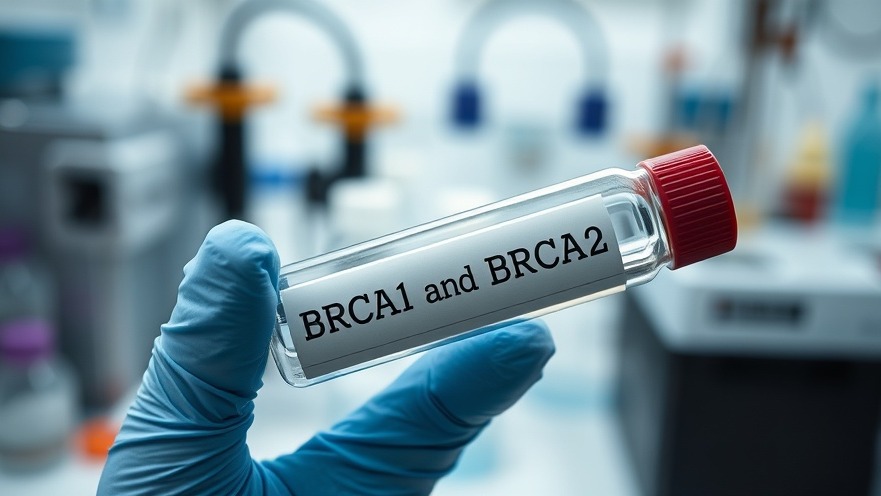
Introduction: Rethinking Treatment Options in Breast Cancer
Breast cancer treatment traditionally posed a tough choice between mastectomy and breast-conserving treatments. A recent multicenter study conducted in South Korea challenges this longstanding paradigm by showing that for women with BRCA1 or BRCA2 gene mutations, breast-conserving treatment offers comparable outcomes to mastectomy over an extended follow-up period of 8.3 years. This insight is particularly crucial for those navigating the emotional and physical impacts of breast cancer, reaffirming that less invasive options may still yield significant benefits.
The Study at a Glance: Analyzing Real-World Data
The study, led by Janghee Lee, MD, PhD, involved 575 female patients who underwent either breast-conserving treatment or mastectomy across 13 institutions. The research team skillfully employed a propensity score matching technique to ensure a fair comparison by mitigating the effects of confounding factors like tumor size and lymph node status. Their findings revealed no significant differences between the surgical approaches regarding locoregional recurrence, distant recurrence, and overall survival rates, making a strong case for breast-conserving therapy as a viable option for BRCA mutation carriers.
The Takeaway: Challenging Conventional Wisdom
The outcomes of this study present an intriguing perspective for both patients and healthcare providers. Despite conventional guidelines suggesting prophylactic mastectomy for BRCA carriers as the safest option, this study indicates that breast-conserving treatment should be considered just as valid, especially when coupled with diligent surveillance. In fact, the researchers concluded that tumor size was a more significant predictor of recurrence than the choice between mastectomy and conserving surgery, a finding that could reshape future treatment recommendations.
Broader Implications for Breast Cancer Care
The study’s results echo a growing trend within oncology toward less aggressive treatments where feasible. As medical practices gradually pivot to embrace shared decision-making, women with BRCA mutations now have the opportunity to consider less invasive procedures without sacrificing their oncologic outcomes. This aligns with a broader movement towards personalized care models that prioritize patient quality of life alongside effective treatment.
Future Trends in Breast Cancer Treatment
As medical innovation continues to evolve, we can foresee an increase in non-invasive treatment research, potentially incorporating advanced techniques like targeted therapies and immunotherapies. With studies like the one discussed, there's hope for an expanding array of options that could empower patients to make medical choices that align more closely with their personal values and lifestyles.
Emotional and Human-Centric Aspects of Choosing Treatment
Choosing a treatment method can often feel like an overwhelming decision filled with uncertainties. For many women, the idea of mastectomy can evoke feelings of loss and fear regarding their femininity and body image. However, considering breast-conserving options can foster a sense of agency and hope, accentuating the importance of empowering patients through education and supportive resources. Knowing that they may have effective alternatives fosters an optimistic outlook during challenging times.
Conclusion: Embracing Informed Choices for Wellness
Ultimately, this research shines a light on the necessity of informed decision-making in health outcomes. As our understanding of breast cancer evolves, so must our approaches to treatment. It’s vital for patients to engage in robust conversations with their healthcare providers, ensuring they explore all avenues available to them. Effective communication, education, and the integration of patient preferences will be paramount as the future of breast cancer treatment unfolds. Therefore, if you or someone you know is facing similar health challenges, take the time to explore your options thoroughly—knowledge truly is power.
 Add Row
Add Row  Add
Add 




Write A Comment